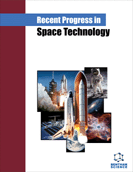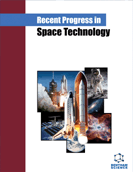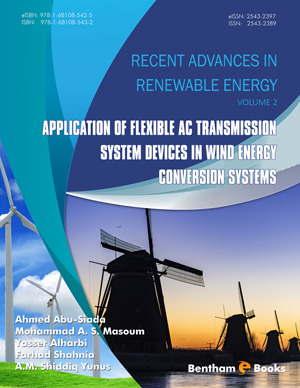Abstract
This chapter examines the impact of varying energy price paths (reference, low, and high petroleum prices) on continued biofuel expansion and the implications on global agricultural commodity markets. It uses PEATSim, a dynamic, partial equilibrium, multi-commodity, multi-region global trade model of the agriculture sector. Continued biofuel expansion spurred by alternative energy programs will lead to higher agricultural commodity prices and to changes in the trade patterns in biofuel feedstocks. The ability of countries to achieve their alternative energy goals are largely determined by the future path of energy prices. With low energy prices, biofuel demand will fall (absent mandates), which means reduced biofuel production costs to keep biofuel competitive with petroleum-based fuel. If energy prices increase, biofuel use likely will exceed country-specific energy targets and will result in much higher agricultural commodity prices. In either event, technological innovation (which lowers biofuel feedstock production cost and increases biofuel conversion efficiency) will be key in achieving biofuel expansion while mitigating impacts on agricultural commodity markets.


















